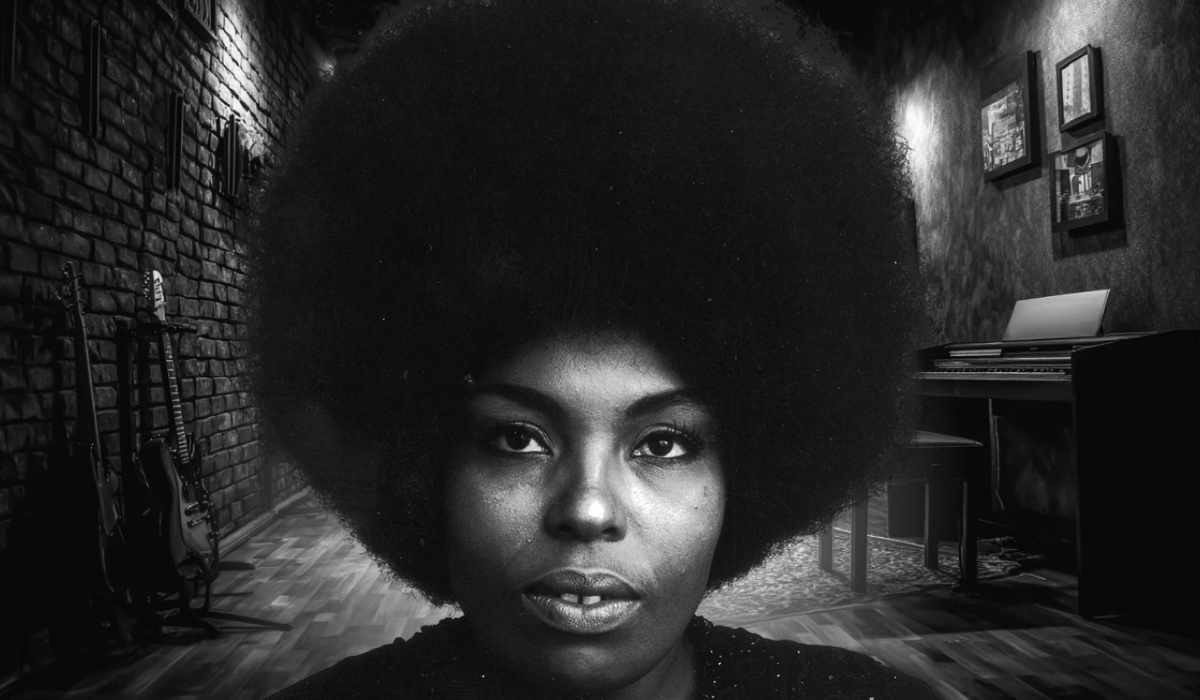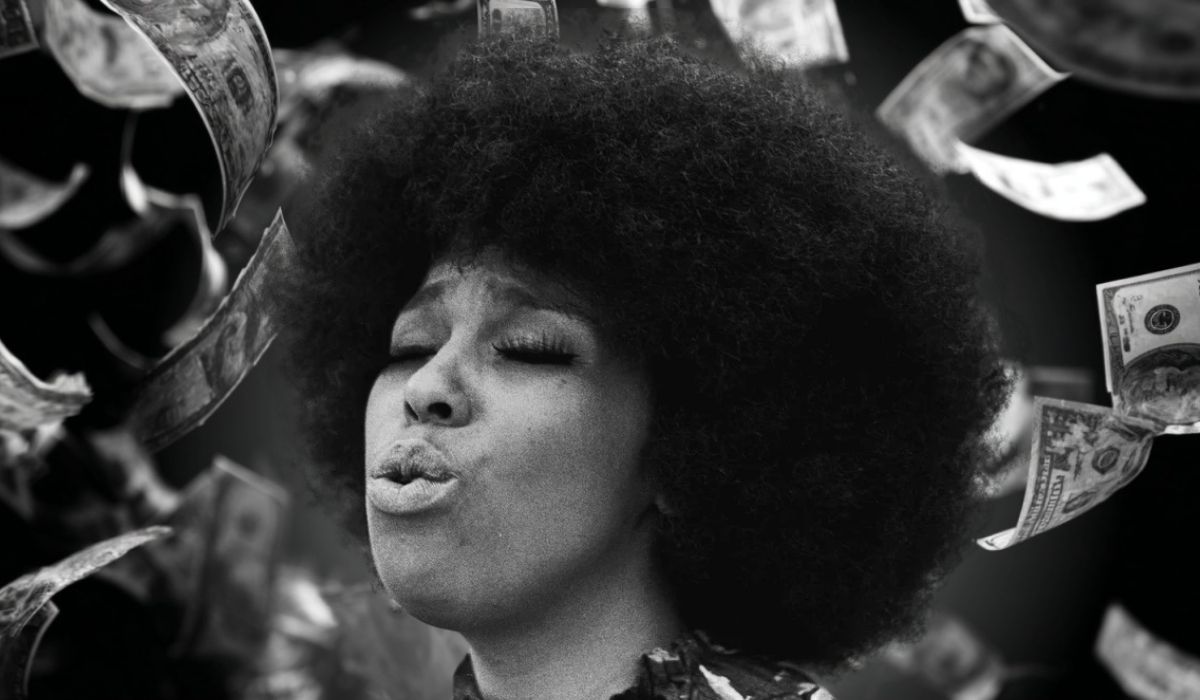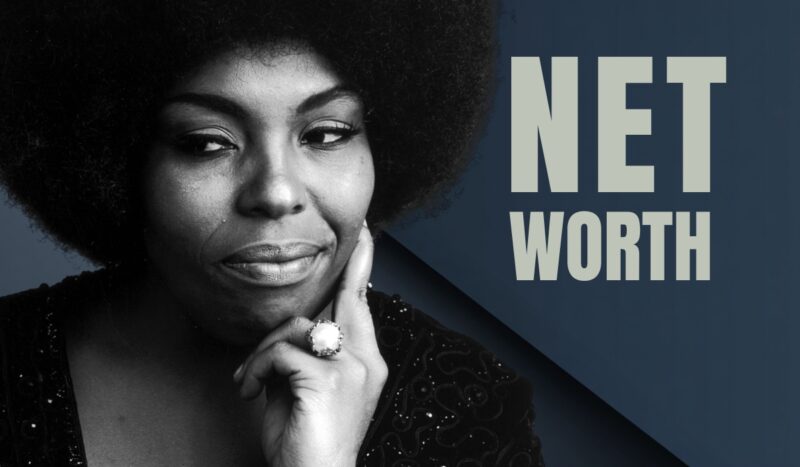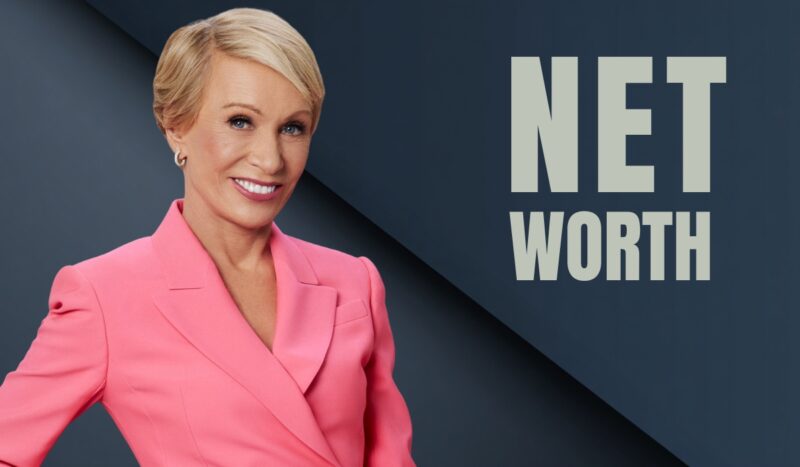If you’ve been searching for Roberta Flack’s exact net worth in 2025, here’s the short answer: there isn’t a verified, audited number. No high-authority outlet or public financial filing has ever published her personal finances, and as she was not a public company executive, there was never a disclosure requirement.
The figures floating around celebrity-net-worth websites are estimates, often recycled between sites without direct sourcing. They can give you a ballpark guess, but they’re far from definitive.
That doesn’t mean we can’t get a grounded sense of what likely shaped her financial picture. By looking at her career milestones, public records, real estate sales, and the broader music industry context, you can see what drove her income over the decades and what is simply speculation.
Key Takeaways
- No verified 2025 net worth exists for Roberta Flack.
- Income came mainly from royalties, not songwriting on her biggest hits.
- Sold Dakota apartment in 2018 for $5.8M.
- Foundation assets don’t reflect personal wealth.
Her Career Context in 2025
@officialrobertaflack Started off with a strong foundation 💪🏾 #robertaflack #classical #fyp #interview #backtoschool ♬ Chopin Nocturne No. 2 Piano Mono – moshimo sound design
Roberta Flack passed away on February 24, 2025, at the age of 88. She was celebrated not just for her music but for a career that broke records and shaped generations of listeners.
She had four Grammy wins, including a 2020 Lifetime Achievement Award, and remains the only solo artist to have won Record of the Year two years in a row.
She revealed an ALS diagnosis in late 2022, which ended her public performances. By then, she had long been a fixture in the pantheon of American music, with decades of touring, recording, and cultural influence behind her.
Career Milestones That Drove Long-Term Royalties
Her financial foundation comes from a catalog anchored by three No. 1 hits on the Billboard Hot 100:
- “The First Time Ever I Saw Your Face” (written by Ewan MacColl)
- “Killing Me Softly With His Song” (written by Norman Gimbel and Charles Fox)
- “Feel Like Makin’ Love” (written by Gene McDaniels, co-produced by Flack under the pseudonym “Rubina Flake”)
Because she didn’t write her two biggest hits, most composition royalties from those songs go to the credited writers and their publishers.
Her earnings from them come from the recording side: artist royalties, producer points, and related residuals. She was signed to Atlantic Records, part of Warner Music Group.
That means her master recordings remain under a major label’s control rather than being part of a publicly disclosed catalog sale.
Real Estate in Public Records
One of her most visible assets was an apartment in The Dakota in New York. Public real estate records show that her unit (No. 78) sold in 2018 for about $5.8 million, as per City Reality.
That’s a major point, because some online sources still incorrectly imply she owned it in 2025. Since it sold years before her death, it wouldn’t have been part of her estate at that time.
Philanthropy and the Foundation Misconception
Roberta Flack ran the Roberta Flack Foundation, but IRS filings show its net assets in recent years were in the tens of thousands of dollars, not millions.
That’s a common point of confusion: a foundation’s financials don’t reveal the personal net worth of the person who founded it.
Many high-profile artists keep personal wealth separate from charitable accounts.

How Artists Like Roberta Flack Make Money
Even without a precise dollar figure, her income sources follow a pattern common to legacy artists.
| Category | Description |
|---|---|
| Recording Artist Royalties | Paid by the label, often a percentage of wholesale or net revenue after recouping costs. Given her superstar status in the 1970s, her contract terms would have been more favorable than those of a typical debut artist. |
| Producer Royalties | On “Feel Like Makin’ Love,” Flack’s co-producer credit meant she earned producer points — typically 2–4% of a recording’s revenue. |
| Performance Royalties | In the U.S., digital non-interactive streams (like Pandora or SiriusXM) pay featured artists through SoundExchange, meaning her recordings continued generating quarterly income well into the streaming era. |
| Touring | Touring income was significant in her prime but declined as her health worsened. By her 2022 ALS announcement, she had effectively stopped performing live. |
| Publishing and Songwriting | Her publishing footprint was smaller than that of singer-songwriters who penned their own hits, but she likely earned from co-writing lesser-known tracks and from neighboring rights overseas. |
| Sync Licensing | Her recordings still appear in film, television, and advertising. Sync fees vary widely but can be lucrative, especially for iconic tracks. |
The 2025 Music Industry Backdrop
Industry context matters when assessing a legacy artist’s ongoing income.
- In the U.S., streaming accounts for roughly 84 percent of recorded music revenue, as per RIAA.
- Global recorded-music revenue hit $29.6 billion in 2024, a sign that classic catalogs continue to earn in the streaming age.
- Paid subscriptions keep older music discoverable and profitable decades after release.
View this post on Instagram
Known Facts vs. Speculation
| Item | What We Can Document | Why It Matters |
| Major label relationship | Atlantic Records under Warner Music Group | Indicates master rights within a major-label system, no public catalog sale |
| Signature hits & awards | Multiple No. 1 singles, back-to-back Record of the Year Grammys | Shows long-tail earning potential |
| Songwriting credit | Other writers on top hits | Publishing income limited for those titles |
| Dakota apartment sale | Sold in 2018 for $5.8M | Major asset not in 2025 portfolio |
| Foundation assets | Tens of thousands, not millions | Not an indicator of personal wealth |
| Industry climate | Streaming dominates revenue | Supports ongoing catalog earnings |
Why There’s No Reliable Single Number
- No public disclosures: Unless revealed in lawsuits, probate filings, or bankruptcy cases, personal assets remain private.
- Unreliable celebrity-net-worth sites: Their estimates are often guesswork, and the same person can have different figures across multiple sites.
- No public catalog sale: Without a sale, you can’t peg a valuation to her master recordings.
- Real estate changes: The Dakota apartment – her most publicized property – was sold years before her death.

A Practical Way to Frame Her Wealth
- Catalog income: Three iconic No. 1 hits continue to generate listening and licensing revenue.
- Publishing limits: Lack of primary songwriting credit on the biggest hits means less publishing upside.
- Touring decline: Live performance revenue ended by 2022 due to health.
- Liquidated asset: The Dakota apartment sale provided liquidity, but no public record shows how the proceeds were used.
- Separate philanthropy: Foundation assets don’t reflect her personal finances.
Final Words
Roberta Flack’s financial story isn’t one of public balance sheets or flashy portfolio reveals. It’s the story of a legendary artist whose work continues to resonate and generate income, decades after her biggest hits topped the charts.
While the internet loves a neatly packaged net-worth figure, the reality is more nuanced.
The most accurate thing we can say is that her wealth was built on a combination of record royalties, selective publishing income, high-value real estate that she sold years before her passing, and the enduring power of music that refuses to fade.
Note: Read more about celebrities and their net worths and personal lives, I bet you’re interested to see what the net worth of Daymond John, a Shark Tank entrepreneur!
Dave Mustaine is a business writer and startup analyst at Sharkalytics.com. His articles break down what happens after the cameras stop rolling, highlighting both big wins and behind-the-scenes challenges.
With a background in entrepreneurship and data analytics, Dave brings a sharp, practical lens to startup success and failure. When he’s not writing, he mentors founders and speaks at entrepreneur events.



